6. Angel Has Fallen
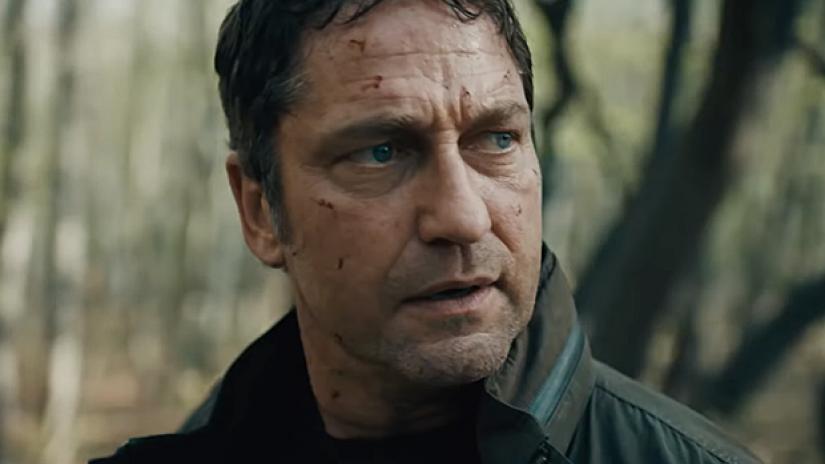
This box office hit with an impressive cast led by Morgan Freeman and Gerard Butler doesn’t really seem to justify its commercial success. At least if you ask the critics, who didn’t seem to think that the third installment in the Fallen series had that many good reasons for existing as it does.
The film follows a secret service agent played by Butler who gets accused of attempting to assassinate the president (Freeman), who had been attacked on a fishing trip, while Butler’s agent was on his security detail. Naturally, the protagonist is innocent, and spends the entire duration of the film trying to prove his innocence, while avoiding capture by the “bad guys” who have both attempted to kill and replace the president, and frame Butler for the crime
. Everything unfolds in a pretty predictable fashion from there on, with critics calling the film forgettable, even mediocre, while criticizing the action sequences, as well as the editing, in addition to the complaints regarding the writing, and Butler’s American accent. Meanwhile, the audiences were quite enthusiastic to both see and review it, calling it enjoyable, captivating, while praising the performances. Clearly, the critics and the audiences seemed to have wanted different things from this film, and only one of them got their way.
7. Alita: Battle Angel
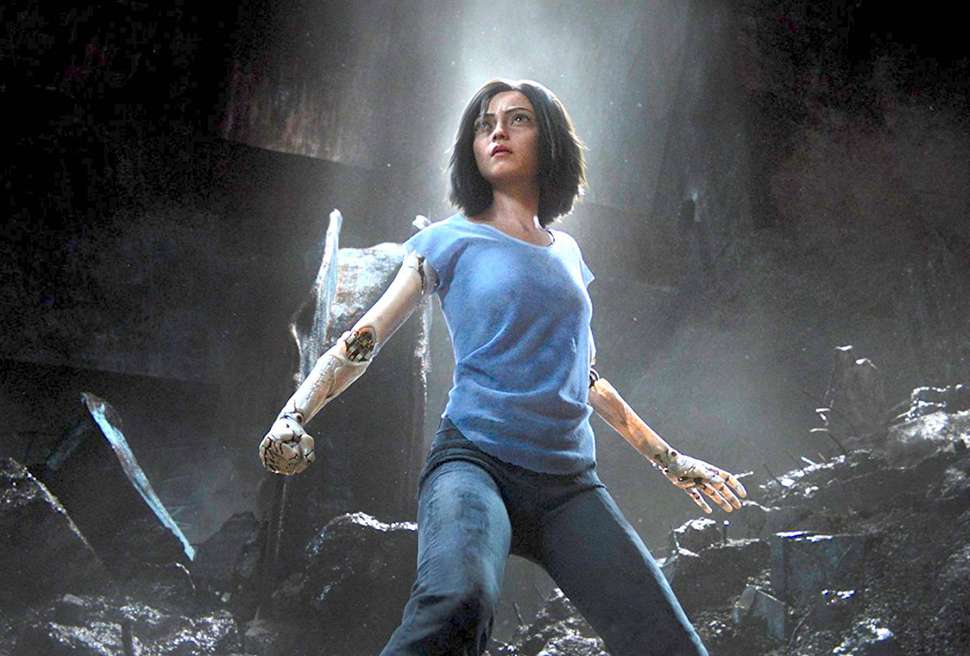
The film on the list with the best critic reviews so far is Alita, who didn’t exactly manage to woo anyone, but according to the critics, it accomplished the task of at least being entertaining. Based on the manga Battle Angel Alita by Yukito Kishiro, directed by Robert Rodriguez, and co-written with James Cameron, the film follows a young cyborg, Alita, who has no recollection of her past, and goes on a quest to uncover it.
It grossed a whooping $404 million worldwide, and elicited pretty positive responses from the audiences who found it great-looking, successful in adapting its source material, heartfelt, “incredible”, even a masterpiece.
The critics however, had a more mixed opinion. They praised the special effects, the visuals, as well as Rosa Salazar’s lead performance, but criticized the superficiality and borderline banality of the plot, the “goofy” and clumsy script. Additionally, they bring up the multitude of characters who don’t have a particular purpose or too much screentime that would allow the star-studded cast to really shine.
Essentially, the critical response was unanimous in that the film was watchable and entertaining, even visually pleasing, but essentially failed to live up to its full potential, due to some inadequacies of the script that the audiences didn’t mind to the same extent.
8. Glass
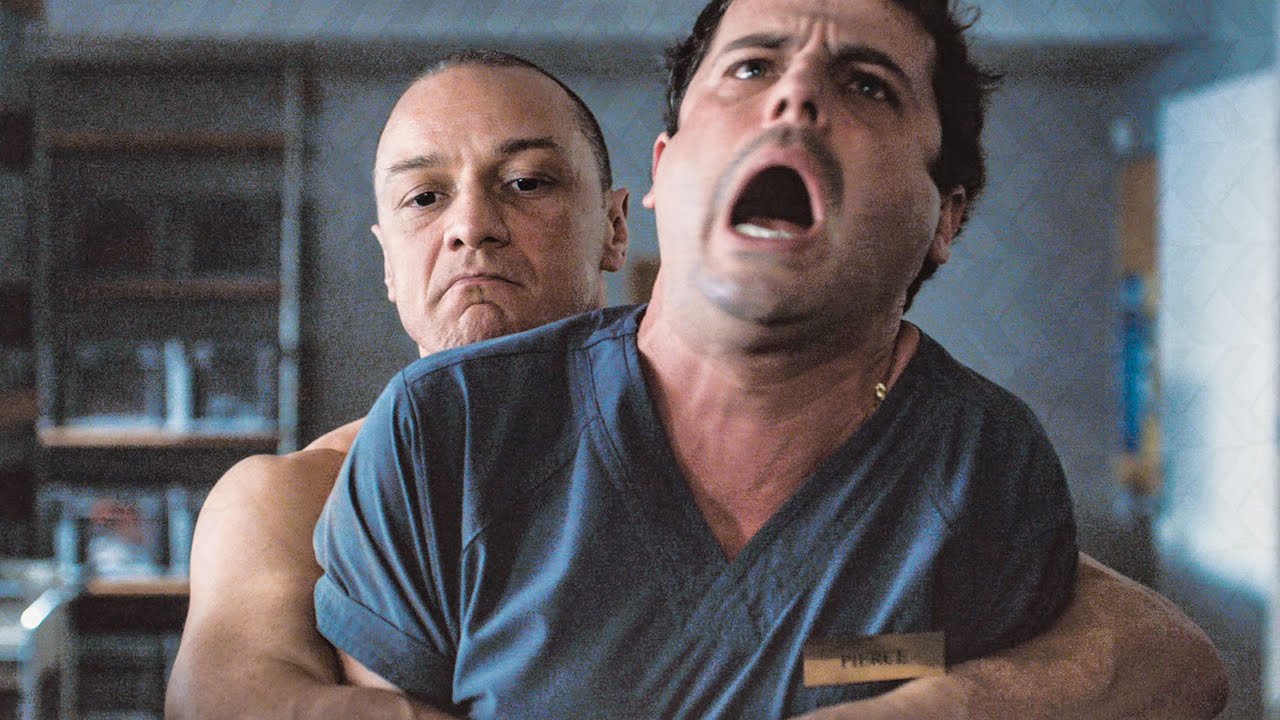
The third installment of the Unbreakable trilogy returns with the same strong cast, but to seemingly lesser results. M. Night Shyamalan is known to divide critics and audiences alike, but “the split” is pretty clear in this case – it grossed a sum approximately twenty times bigger than its budget, but it was mostly hated by critics.
It seems like many other trilogies, this one managed to hook the viewers at the beginning, and have them coming back for every installment thanks to the familiar concept and characters, that the audiences connected to, which explains the good box-office performances that well-known sequels generally tend to have.
On the other hand, the fact that a film attracts audiences to the theatre doesn’t necessarily mean they will get the quality that they signed up for. In this case, audiences seemed to have liked the film just fine – most of their reviews call it interesting, peculiar, enjoyable, and a good ending to the trilogy, with, admittedly, some calling it slightly confusing and overrated.
On the other hand, the critics had different observations. While praising McAvoy’s performance, they mostly considered the film a bore, an utter disappointment, opportunistic, confusing, and even the “biggest disappointment” of the director’s career. This is in pretty stark contrast with the film’s commercial success, proving once again that even bad reviews can’t really ruin a superhero film’s chances at the box office.
9. Lion King
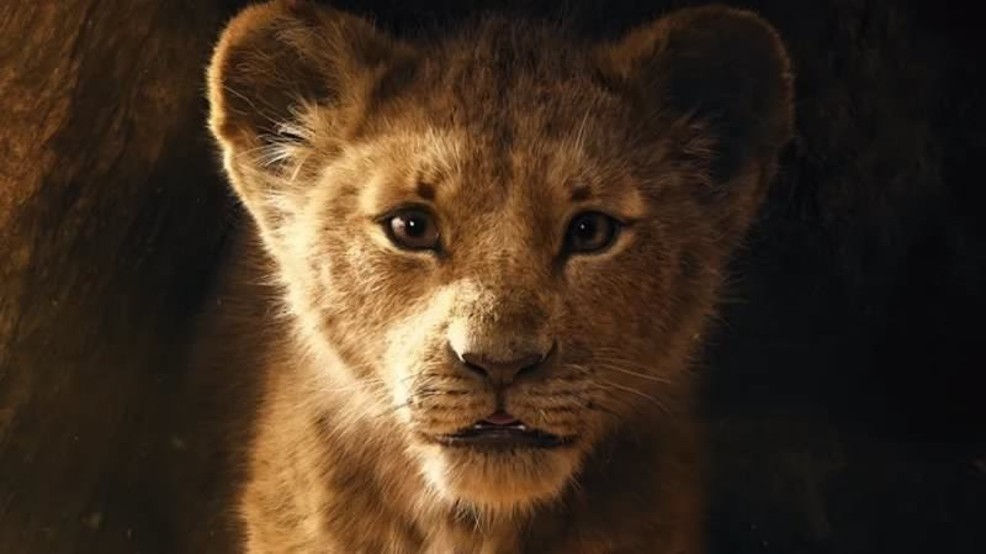
When it comes to odd and barely understandable remakes, the new live-action Lion King is probably on top of everyone’s list. Essentially, the films is a pretty identical remake of the 1994 original, that adds on some of the changes made in the Broadway adaptation, but not much of its own content, missing out on commenting or improving on any of the original bits, while deciding to have realistically looking lions singing, instead of the animated ones.
This is an odd choice that didn’t stop the fans of the animated film from rushing to the theater in order to reminisce on their own childhood, and perhaps introduce the younger generation to the world of the, now classic, film. However, this could have been achieved by simply showing the youngsters the original film, that would most likely sit better with them.
The reason is clear – the very medium of animated film works on a suspension of disbelief, just like theater, which makes singing and speaking lions entirely natural, given that the entire purpose of the medium is the achieve visuals that aren’t that easy to accomplish in live action, while making artistic statements through the very artwork used in animation.
The remake, according to the critics, looks like an Animal Planet documentary with singing lions who have barely any expressiveness, which makes the film emotionless, and lacking in almost every conceivable level, especially those that made the original work. They mostly praised the technical work, but essentially failed to see other qualities that make all that work worthwhile. In the end, the audiences picked up on a lot of the same issues, but essentially managed to enjoy the film for its nostalgic and aesthetic value.
10. It: Chapter 2
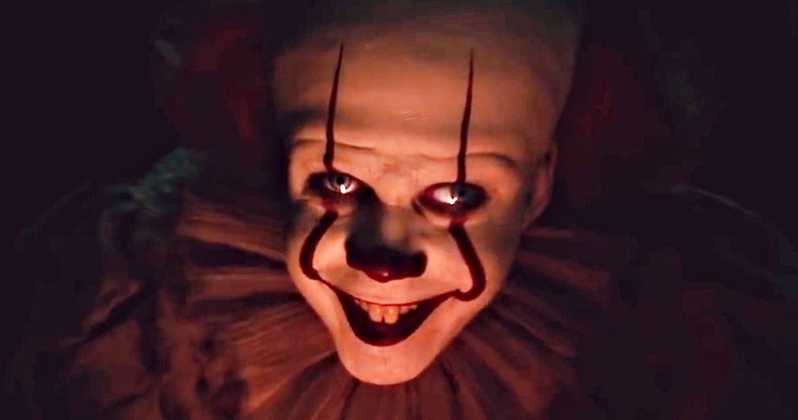
Finally, It Chapter 2 is another sequel/remake that also capitalized on the source material’s popularity, but seemingly failed to identify all the aspects in which it worked. The film continues 27 years later after the events of the first installment. Now grown up, the childhood friends learn of the reappearance of the titular deadly clown, and return to Derry, Maine to honor their old promise, and kill it.
Among all the films on the list, this is the one that had the most favorable reviews, with the performances (particularly Bill Skarsgard as the titular villain, as well as Bill Hader and James McAvoy as the members of the Losers gang), and the visuals receiving consistent praise. However, what was also pretty consistently criticized is the script – most call it messy and unfocused with odd twists and conclusions, and the runtime of 169 minutes that most consider unnecessary, and actually detrimental to the film’s effectiveness.
The audiences have some of the same issues, but generally seemed to have enjoyed the film and the way in which it poked at the 80’s nostalgia and the Loser’s generation’s love for Stephen King, finding it generally a decent conclusion. However, the consensus is that the first installment is much more successful, which explains why mixed reviews haven’t deterred the audiences from seeing the film as it grossed over $380 million.